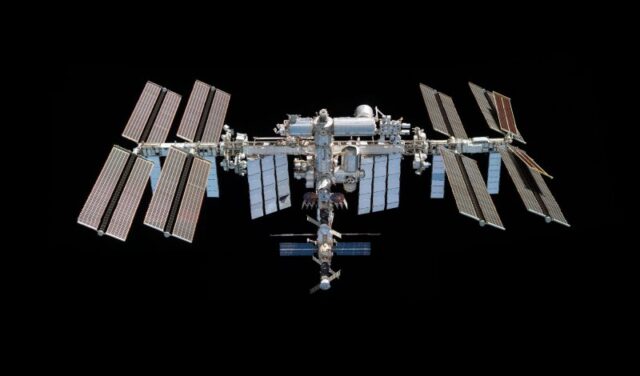Sept. 19 (UPI) — Three well-known space archaeologists have opened a new consultancy firm, offering advice to builders and designers of any future space stations or other off-planet living arrangements.
The goal of Brick Moon is to help clients “create orbital or planetary habitats that improve productivity, reduce costs, and support crew well-being,” according to its mission statement.
The company is making its first official public appearance at the International Astronautical Congress 2022, currently underway in Paris.
The name is a tribute to the 1869 story “The Brick Moon,” by Edward Everett Hale, who writes about a self-contained space habitat.
The newly minted venture is run by Justin Walsh and Alice Gorman, both of whom work on the International Space Station Archaeological Project. The two are considered world leaders in the field of space archaeology. Fred Shearman, a designer, researcher and historian of the theory of space architecture, rounds out the joint venture. Walsh is a professor at Chapman University in Orange, Calif. Gorman teaches at Flinders University in Adelaide, Australia.
The ISS Archaeological Project was founded in 2015 as the first large-scale space archaeology study and first to focus on an operational space habitat.
“We move you beyond anecdotes and guesswork, to reach data-driven insights learned from the reality of space habitat operations. Our services include feedback in response to existing habitats or plans for new ones, the identification of overlooked issues in spacecraft design, and education for designers and mission planners,” the company says on its website.
Gorman, Walsh and Shearman come from a small group of global experts on the topic.
“We’re really excited about this,” Walsh said in an interview with collectSPACE.com.
“It is chance for us to move from the basic research of the International Space Station Archaeological Project to applied research in a sense, where we are taking problems presented to us by space habitat designers, mission planners and the like and answering those questions based on the results we have been finding and the experiences we’ve had doing the archaeological and other research under the ISSAP label. Our driving goal is how do we make life better on future space habitats.”
The International Space Station is expected to be decommissioned between 2024 and 2030. Several companies have already begun work on privately owned replacements for when that happens.
Russia has said it will abandon the ISS in 2024 and build its own $6 billion orbiting station.

COMMENTS
Please let us know if you're having issues with commenting.